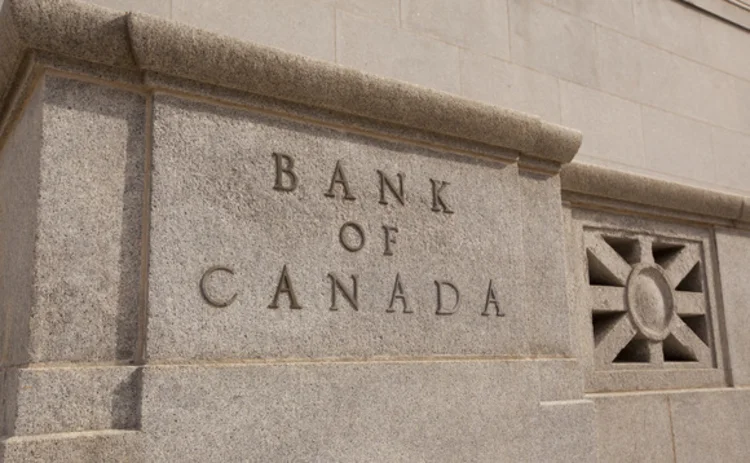
Bank of Canada paper studies capital control motivations
Researcher finds tools are used with both “mercantilist” and “macro-prudential” motivations

Emerging markets implement capital controls partly for mercantilist and partly macro-prudential ends, according to research published by the Bank of Canada.
“The results provide clear evidence that capital controls policy in emerging markets has been systematic, and that it has responded to both macro-prudential and mercantilist motivations,” Gurnain Pasricha writes in the working paper.
Pasricha designs a policy rule that represents the decision to impose controls, without claiming the rule
Only users who have a paid subscription or are part of a corporate subscription are able to print or copy content.
To access these options, along with all other subscription benefits, please contact info@centralbanking.com or view our subscription options here: http://subscriptions.centralbanking.com/subscribe
You are currently unable to print this content. Please contact info@centralbanking.com to find out more.
You are currently unable to copy this content. Please contact info@centralbanking.com to find out more.
Copyright Infopro Digital Limited. All rights reserved.
As outlined in our terms and conditions, https://www.infopro-digital.com/terms-and-conditions/subscriptions/ (point 2.4), printing is limited to a single copy.
If you would like to purchase additional rights please email info@centralbanking.com
Copyright Infopro Digital Limited. All rights reserved.
You may share this content using our article tools. As outlined in our terms and conditions, https://www.infopro-digital.com/terms-and-conditions/subscriptions/ (clause 2.4), an Authorised User may only make one copy of the materials for their own personal use. You must also comply with the restrictions in clause 2.5.
If you would like to purchase additional rights please email info@centralbanking.com







